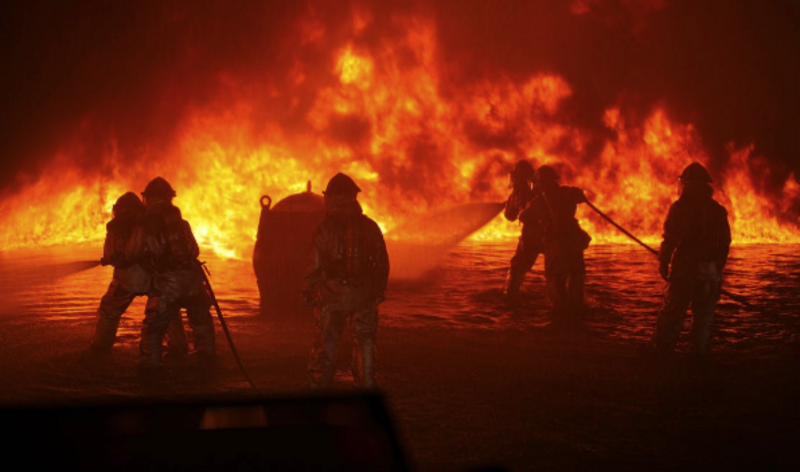Nike is calling it quits on a 20-year relationship with Hockey Canada.
What happened: Nike has permanently ended its sponsorship of Hockey Canada. The organization is still trying to save its reputation (and bank balance) following blowback from corporations and fans over its mishandling of a sexual assault scandal last year.
What happened: Nike has permanently ended its sponsorship of Hockey Canada. The organization is still trying to save its reputation (and bank balance) following blowback from corporations and fans over its mishandling of a sexual assault scandal last year.
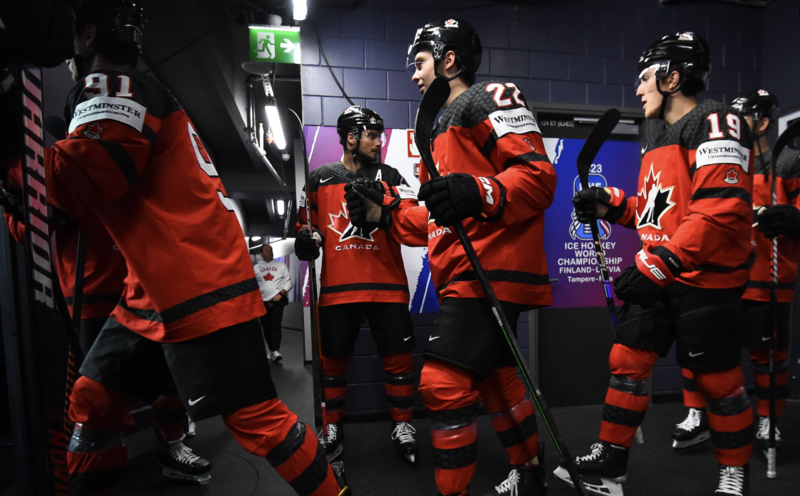
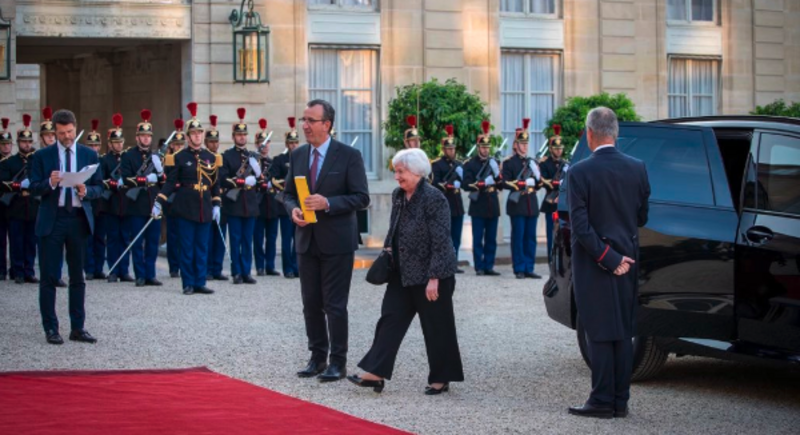
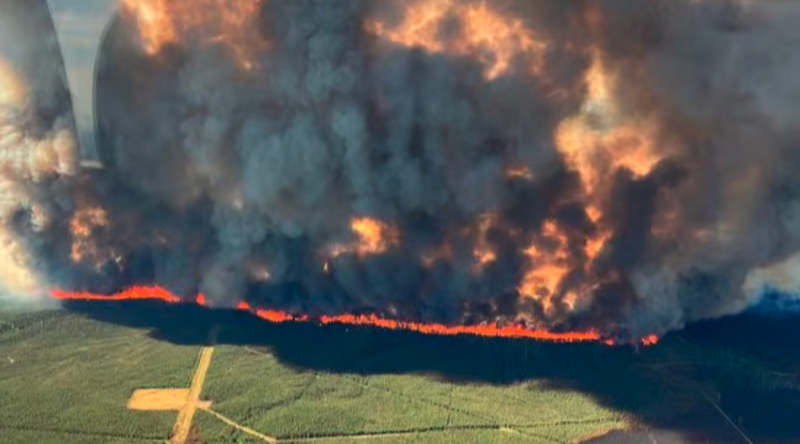
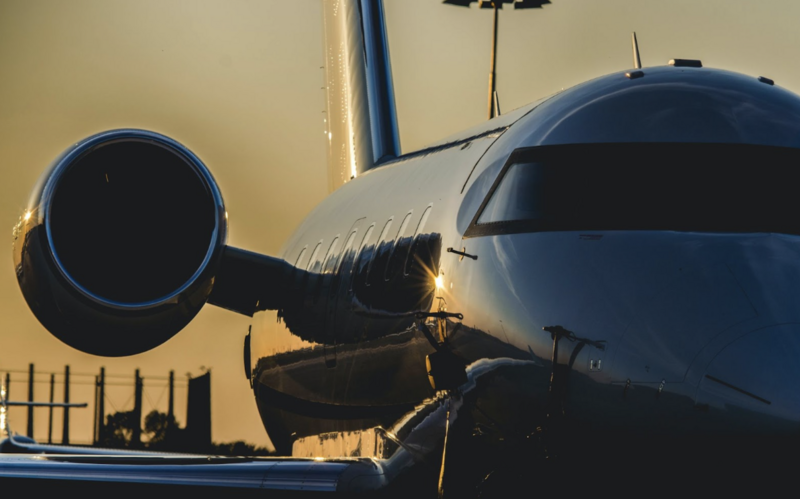

.gif)
.png)
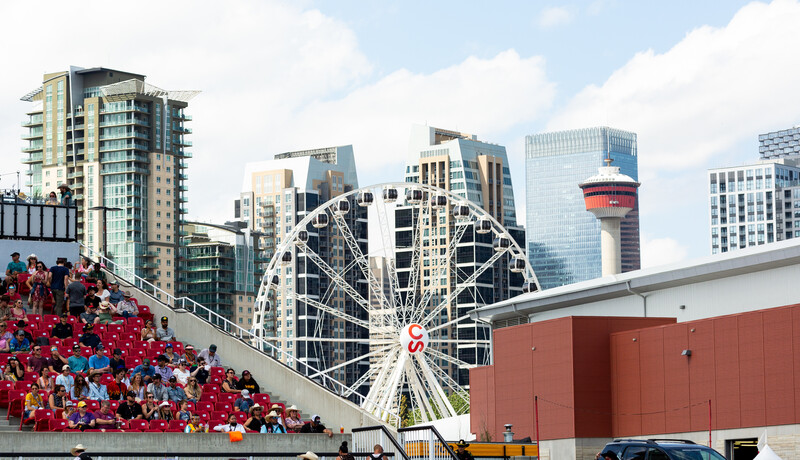
.gif)
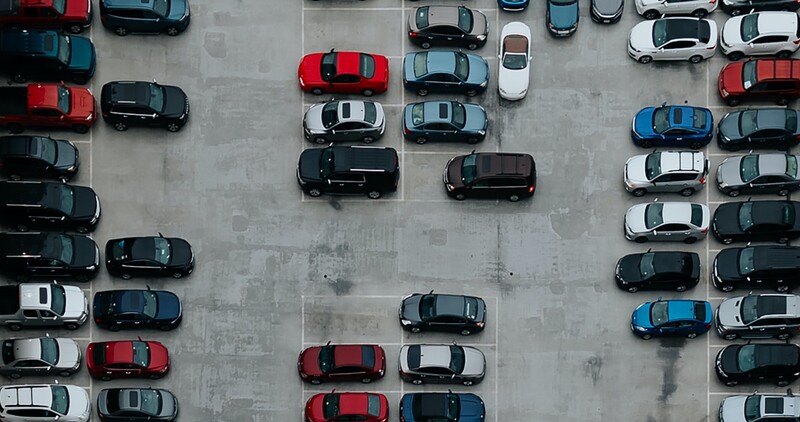
.png)
.gif)
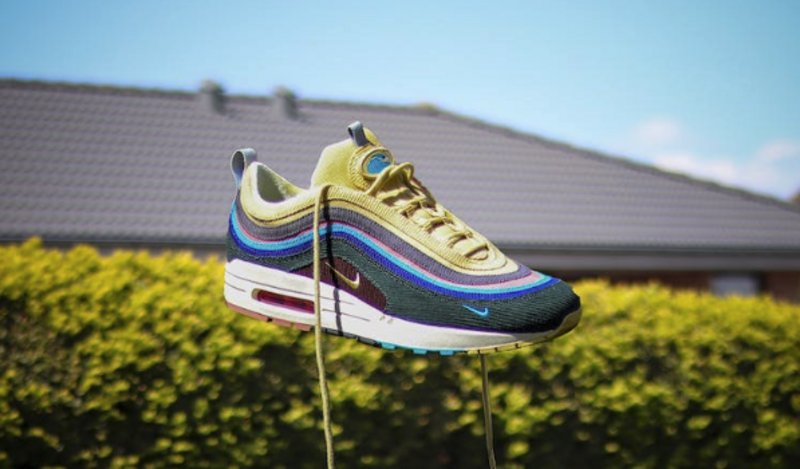

.png)
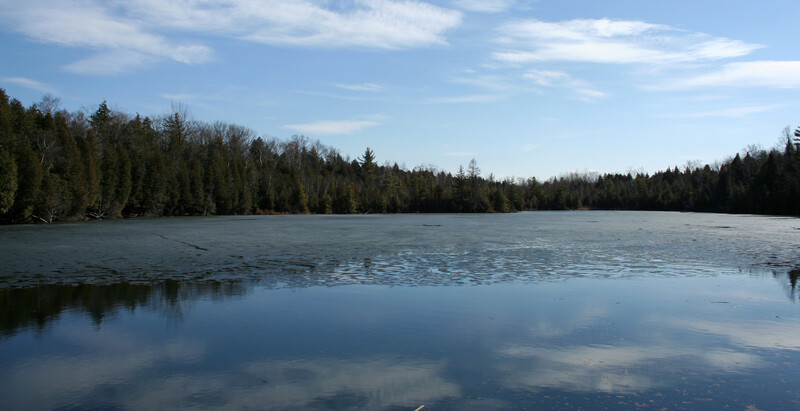
.jpg)

